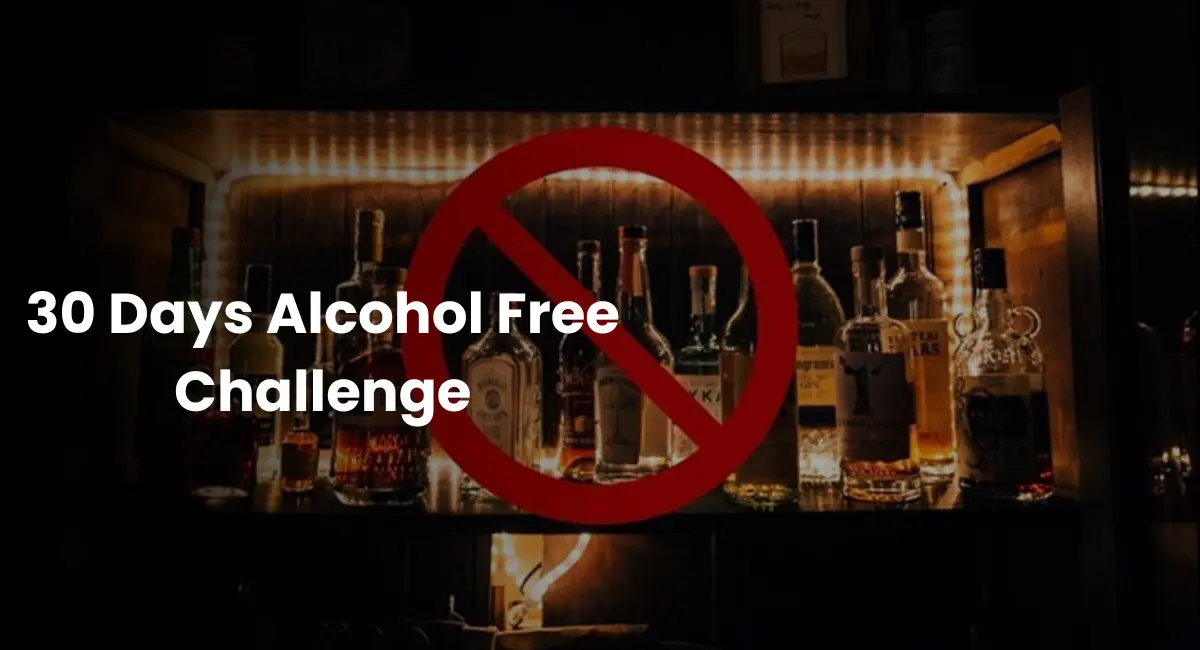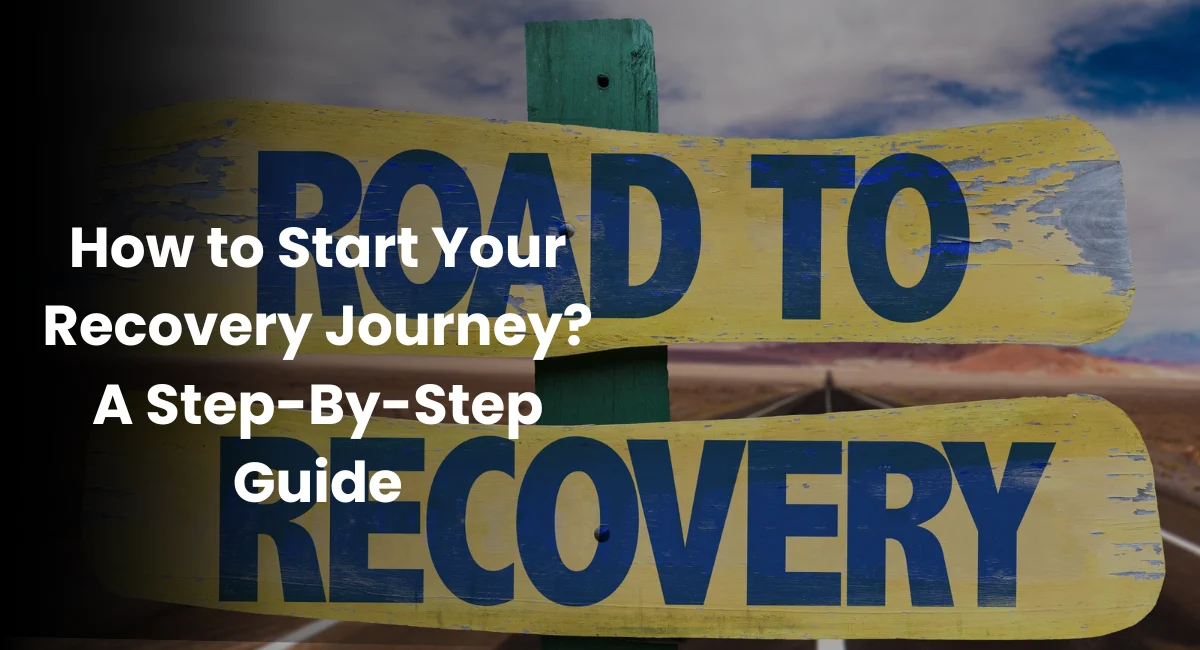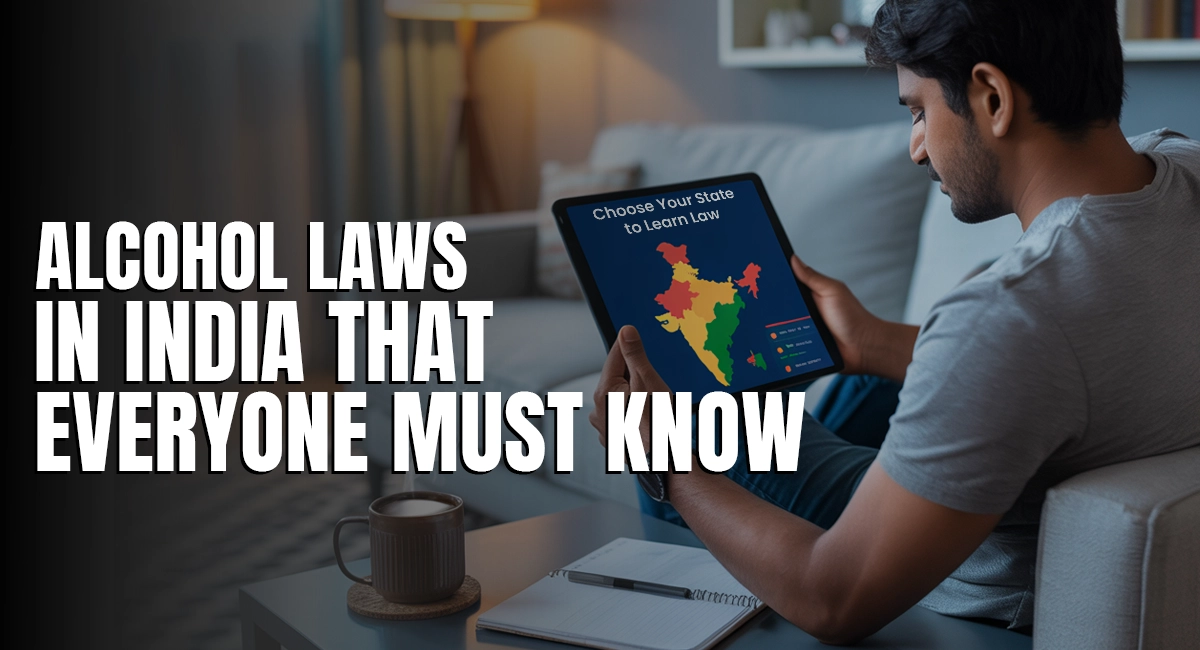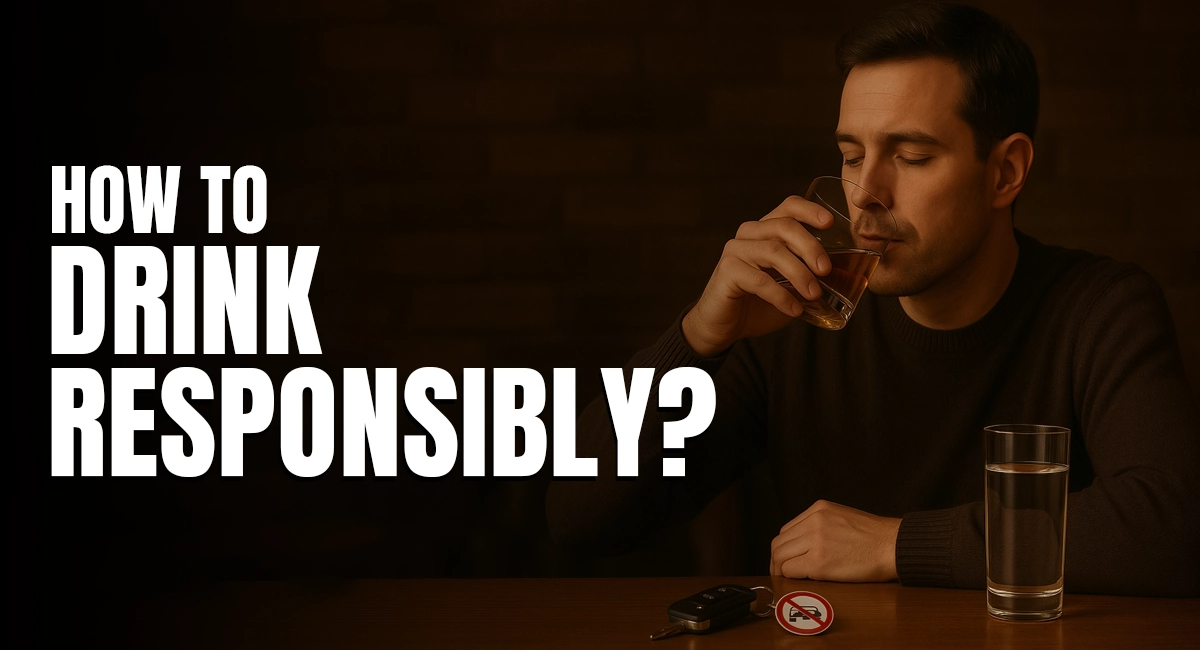Role of NGOs in Reducing Alcohol Abuse in India
Alcohol abuse has become one of the growing public health and social issues in India. With changing lifestyles, increasing stress levels and greater availability of alcohol, many individuals are falling into harmful drinking habits. The impact of alcohol addiction is not just limited to the health of a person but also affects their family, workplace productivity, and society at large. It is linked to domestic violence, road accidents, loss of income and chronic illnesses. While the government has taken the various steps through regulations, awareness campaigns and rehabilitation programs, a large part of the on-ground effort is being led by Non-Governmental Organizations (NGOs). These organizations play a critical role in spreading awareness, providing counselling, rehabilitating addicts and supporting families in distress.
This blog explores how NGOs in India are contributing to reducing alcohol abuse, the methods they use, the challenges they face and the difference they make in communities.
Alcohol Abuse in India: A Growing Concern
India has one of the world’s largest populations of alcohol consumers. According to surveys, nearly 14% of Indians between the ages of 10 to 75 years consume alcohol. Out of this, a significant percentage fall into the category of hazardous or dependent drinkers. The consequences are severe: liver disease, heart problems, mental health issues and even premature deaths.
Beyond health, alcohol abuse leads to family breakdown, increased crime rates, and financial instability. In many households, a significant portion of income is spent on liquor, leaving little for education, food and healthcare. Women and children often face emotional trauma and even physical violence as a result of alcoholism in families.
This widespread issue cannot be solved only through government laws or restrictions. It requires grassroots-level interventions, community participation and personalized support. This is where NGOs step in.
The Role of NGOs in Tackling Alcohol Abuse
NGOs work directly with individuals, families and communities, which allows them to address the problem of alcohol abuse at a more personal level. Their role can be broken down into the several key areas: -
1. Awareness Campaigns
One of the most important contributions of NGOs is raising the awareness about the harmful and negative effects of alcohol. In various parts of India, especially rural areas, people are not fully aware of the long-term health and social consequences of alcohol abuse. NGOs conduct street plays, workshops, public meetings and school awareness programs to educate people. They use real life stories, events and interactive sessions to help the people to understand that alcohol abuse and its various effect, is not just a personal issue but a social concern.
2. Counselling and Psychological Support
Many individuals who consume alcohol heavily often suffer from the disease like stress, depression or a lack of emotional support. NGOs provide counselling services through trained social workers and psychologists. They help people identify the root causes of addiction, deal with stress and motivate them to seek healthier alternatives. Family counselling is also provided to help relatives to deal with the emotional and financial stress of dealing with an addicted member.
3. Rehabilitation Programs
NGOs run de-addiction and rehabilitation centres where individuals struggling with alcohol dependence can get medical and psychological treatment. These centres provide detoxification, therapy and skill-building programs to help people recover and reintegrate into society. Unlike hospitals that may only focus on the medical side, NGOs ensure a holistic recovery approach—combining treatment, counselling and vocational training.
4. Community Mobilization
NGOs often involve community members in campaigns against alcohol abuse. They create support groups where recovering addicts share their experiences and motivate others. Some organizations also work with women’s groups who actively campaign to reduce liquor sales in villages. Community led movements against alcohol abuse have been successful in several parts of India, especially when supported by NGOs.
5. Policy Advocacy
Apart from grassroots work, many NGOs also advocate for stricter alcohol regulations. They push for better enforcement of drinking age laws, restrictions on advertising and regulation of liquor outlets near schools or residential areas. By working with policymakers, NGOs ensure that the larger environment also discourages excessive alcohol consumption.
6. Skill Development and Livelihood Support
One of the main reasons for relapse among recovering addicts is unemployment and financial instability. Recognizing this, several NGOs provide skill training, job placements or small business support. By helping individuals rebuild their lives, they reduce the chances of them returning to alcohol.
Notable NGO Efforts in India
Several NGOs across India are actively working in this field. For instance:
- Alcoholics Anonymous (AA) India – A community-based organization that runs support meetings across the country. Members share experiences and support each other in recovery.
- T T Ranganathan Clinical Research Foundation (TTK Hospital, Chennai) – One of the oldest and most reputed NGOs working on addiction rehabilitation.
- Society for Promotion of Youth & Masses (SPYM, Delhi) – Works on substance abuse prevention and rehabilitation among youth.
- Muktangan Rehabilitation Centre (Pune) – Provides long-term treatment and counselling for alcohol and drug abuse.
These organizations, among many others, are making a significant difference in both urban and rural India.
Challenges Faced by NGOs
While NGOs have made remarkable contributions, they face several challenges in reducing alcohol abuse:
- Social Stigma – Many families hesitate to seek help due to shame or fear of being judged.
- Funding Issues – Rehabilitation programs require considerable financial assistance but NGOs usually face limited resources.
- Relapse Rates – Addiction recovery is a quite long process and relapses are common. Sustained support is needed, which is difficult to provide with limited staff.
- Cultural Acceptance of Alcohol – In many communities, alcohol is seen as part of tradition or celebration, making it hard to convince people to avoid it.
- Policy Gaps – Alcohol is a state subject in India, and varying laws across states sometimes make it difficult for NGOs to implement uniform programs.
The Impact of NGO Initiatives
Despite many challenges, the contribution of NGOs has been transformative. Thousands of individuals have been able to recover from the effect of alcohol addiction, rebuild their lives and contribute positively to society. Counselling and rehabilitation have given new hope to families previously shattered by alcoholism. Communities where NGOs actively work show reduced cases of domestic violence, better health outcomes and improved financial stability.
Moreover, NGOs are helping create a cultural shift where conversations about alcohol abuse are no longer taboo. By addressing the issue openly, they encourage people to seek help without fear or shame.
| Also Read:- How to Enjoy Social Gatherings without Alcohol |
The Way Forward
To make NGO efforts more effective and productive, there needs to be stronger collaboration between government agencies, healthcare institutions and local communities. Increased funding and policy support can help NGOs expand their reach. More importantly, society as a whole need to recognize that alcohol abuse is not a moral weakness but a public health issue that requires empathy, awareness, and collective action.
The fight against alcohol abuse in India is a long one, but with the continued efforts of NGOs like Boozers Council, millions of lives can be saved and improved.
Recent Post

Alcohol-Free Challenge
This challenge isn’t about lifelong abstinence or strict rules; it’s about pausing, observing and understanding how alcohol truly...
December 17, 2025

Role of Schools and Colleges in Alcohol Awareness
This blog explains how schools and colleges can contribute effectively to alcohol awareness in line with widely recognised...
December 15, 2025

How to Start Your Recovery Journey from Alcohol Addiction
Recovery is a continuous process of healing, self-awareness and growth. With the right mindset, professional guidance and support...
December 09, 2025
Get The Free Quote!
KEEP IN TOUCH
POPULAR POSTS
Alcohol Laws in India
This decentralization results in widely varying legal drinking...
August 14, 2025 • 605 views.Binge Drinking
Binge drinking is often portrayed in movies and...
August 04, 2025 • 335 views.How Stress and Anxiety Can Lead to Unhealthy Drinking Habits
In this blog, we’ll explore how stress and...
October 17, 2025 • 291 views.How to Practice Moderate Drinking
In this blog, we’ll explore what moderate drinking...
August 02, 2025 • 276 views.How to Drink Responsibly
In this guide, we’ll explain and guide what...
July 31, 2025 • 262 views.






